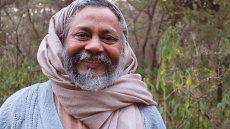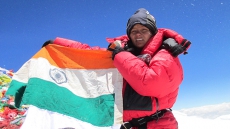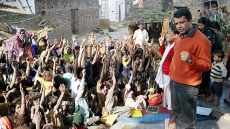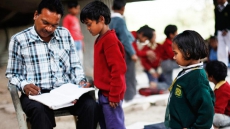India is a diverse country and for several years now a lot of Indians face discrimination on the basis of their gender, caste, and economic backgrounds. These social evils are heavily interwoven and complex which further divides our societies and makes the voices of millions go unheard. Unequal societies tend to have higher levels of inequality and poverty. So what does Oxfam do? They were established to beat discrimination and inequality by creating a society where people are not forced to fight for their right to life and security, to be heard, right to education, health, shelter, food, and water.
According to the Oxfam website, the organization works to ensure that adivasis, dalits, muslims, and women and girls have safe violence-free lives with freedom to speak their minds, equal opportunities to realize their rights, and a discrimination-free future. The professionals at the organization research to find lasting solutions to end rising inequalities and exclusion of marginalized communities from getting decent jobs, quality free education, and healthcare. “We campaign with the public to demand policy changes from governments for creating a just and inclusive country as envisioned in the Indian Constitution. We mobilize support to save, protect and rebuild lives of the poorest of poor affected by crisis and humanitarian disasters.”
Oxfam’s History: When it all started
Oxfam has been in India since 1951. It first came to India to respond to the Bihar famine. In 2008, Oxfam India became an independent affiliate and an Indian NGO. The organization took stock of the states it was needed the most in and started working on the ground in the six poorest states of India including Uttar Pradesh, Jharkhand, Bihar, Chhattisgarh, Assam, and Odisha. Oxfam India is an autonomous Indian organization and has staff and board members from within India. Oxfam India is a member of the global confederation of 21 Oxfams across the world. The government of India has registered Oxfam India as a non-profit organization under Section 8 of the Indian Companies Act, 2013. Oxfam India has a long and well-recognized record of humanitarian relief in times of crisis. In the last ten years, Oxfam India has responded to disasters in Assam, Bihar, Uttar Pradesh, Kerala, Kashmir, Manipur, Gujarat, Tamil Nadu, West Bengal, and Odisha. They have also provided aid to Internally Displaced Persons during Kargil War, Muzaffarnagar violence, Kokrajhar violence, and others.
What is Oxfam’s vision?
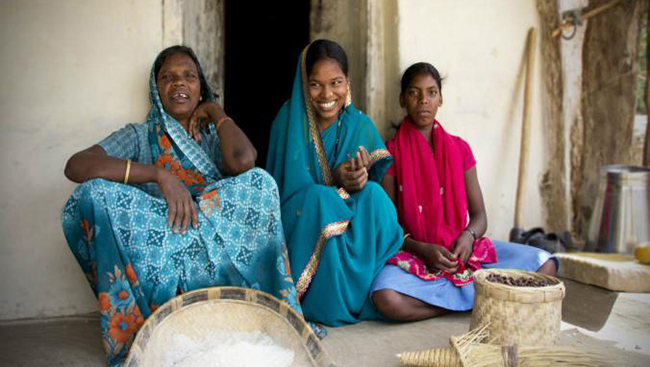
Oxfam is committed to the people, both who we work with and our supporters. According to their website, “Oxfam India believes in the power of people coming together for justice and equality. In our 70-year history, we have seen that, when people join hands, raise their voices, and demand action, change happens. We are committed to the power of people to fight discrimination and help marginalized communities pull themselves out of inequality and injustice.
Therefore, our work and organization are based in the communities that are most affected, so that we can deliver change quickly and with impact. Oxfam India uniquely combines the power of the public and the learnings from the grassroots with the strength of supporters, partners, and allies to make a positive impact in the lives of millions of people. From supporting women farmers in Bihar to demanding good quality education for children in Uttar Pradesh, from mobilizing public support in Delhi, Bangalore, and Hyderabad to delivering life-saving aid in Assam and Manipur, we strive to ensure that the most marginalized people are heard.”
What does Oxfam do and how do they do it?
The NGO provides urgent assistance to communities at risk in times of natural disasters and conflict. “We ensure that they realize their right to clean water, food, sanitation, and other fundamental needs. In particular, we reach out to women, adolescent girls, children, persons with disability, and elderly people in these communities.
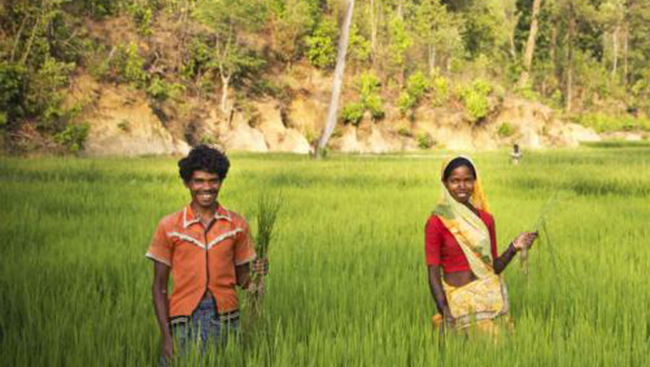
An equally important aspect of our work is disaster risk reduction or the resilience of communities to natural disasters and conflicts. We do this by enhancing the preparedness of our partners on the ground, networks of humanitarian support providers, and the communities themselves, to cope with sudden natural disasters and conflict.” Oxfam India’s focus on ensuring essential services such as health and education is a direct way of reducing the inter-generational inequality that keeps people trapped in poverty. Another aspect is that the NGO works towards fair sharing of natural resources, specifically land, minerals, and energy, and ensuring better livelihoods for tribals and other forest-dependent communities.
How can you contribute?
From the crowd, birthday, and social fundraising to donations, petitions, and buying a gift, there is a lot you can do to support this organization achieve its goals. If you want to keep a track of their current projects, check their working papers, annual reports, fact sheets, and policy briefs, all available on their website.


